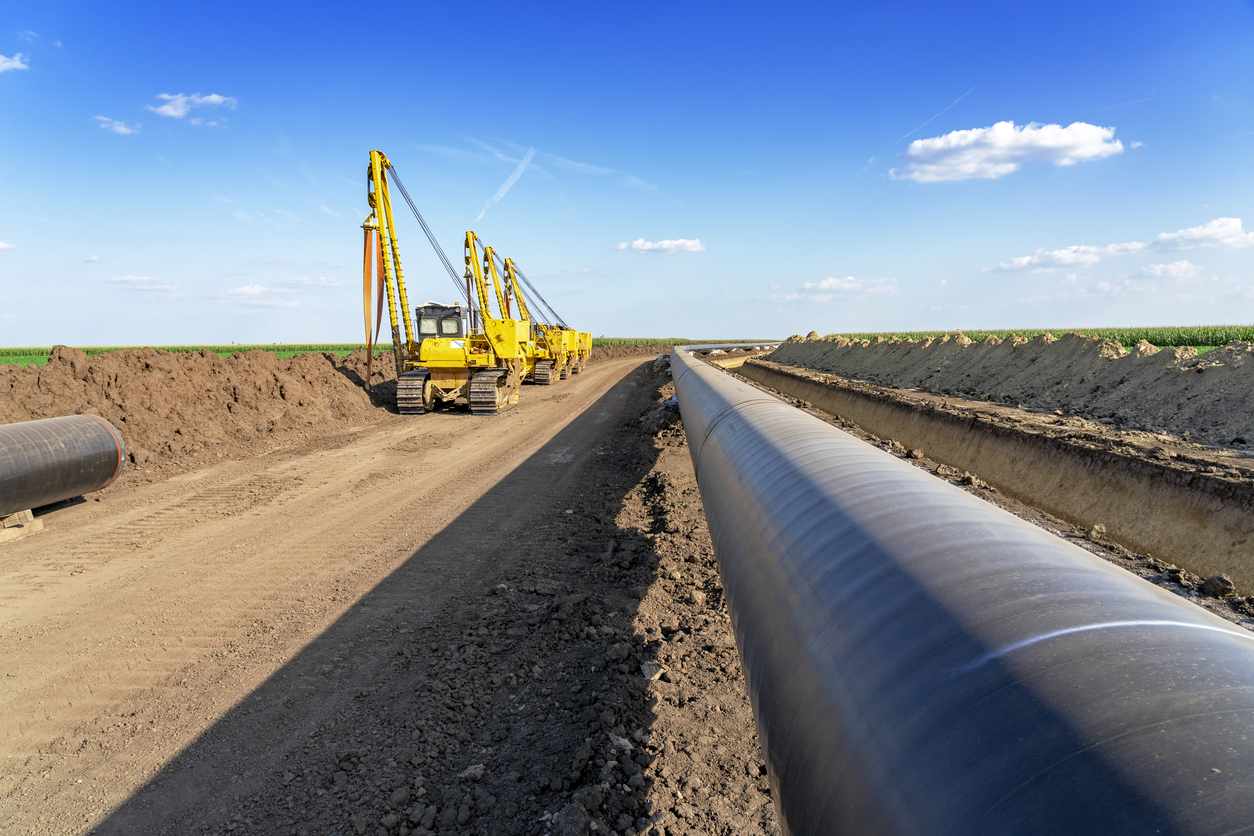The oil and gas industry operates in one of the most hazardous environments in the world. High-pressure systems, volatile materials, and unforgiving worksites make safety a constant priority for Utah businesses in this field. A commercial insurance broker can be a key ally in mitigating these risks, offering tailored solutions like heavy construction equipment insurance that address the unique demands of oil and gas operations.
What Are the Key Safety Measures in the Oil and Gas Industry?
Worker safety in oil and gas hinges on strict adherence to proven protocols. Personal protective equipment (PPE) such as flame-resistant clothing, hard hats, and respiratory protection must be mandatory and properly maintained.
Confined space procedures are critical, as workers may need to enter tanks, pits, or pipelines with limited ventilation and higher exposure to hazardous gases. Hazard communication — ensuring that all personnel understand the chemicals and substances they work with — is equally vital.
The Occupational Safety and Health Administration provides detailed guidance on building a safety culture that can reduce incident rates and improve compliance. Following OSHA regulations on fall protection, lockout/tagout, and process safety management creates a framework that safeguards employees and shields companies from costly violations.
Why Are Liability Risks So High in Oil and Gas Operations?
Liability exposure in oil and gas goes far beyond the immediate risk of worker injury. Explosions, equipment malfunctions, and environmental damage can lead to lawsuits, regulatory fines, and long-term reputational harm.
A hazardous incident might also trigger obligations under federal and state environmental laws, especially if pollution or contamination occurs. PreventionWeb notes that oil and gas extraction can cause property and environmental damage and even injuries or deaths if it isn’t properly controlled, monitored, and regulated.
Oil and gas employers also contend with the challenge of coordinating multiple contractors and subcontractors on-site — each with their own risk profiles — further complicating liability management.
How Can a Commercial Insurance Broker Reduce Risk and Liability?
An experienced broker acts as a strategic partner in customizing coverage for oil and gas operations. A mix of general liability, workers’ compensation, and environmental protection is key for properly covering heavy machinery, remote work sites, and specialized crews.
Brokers also perform risk assessments to identify vulnerabilities, develop safety programs that align with industry best practices, and streamline claims management in the event of an incident. For example, coverage recommendations often pair with operational guidance, such as implementing pollution prevention protocols.
Protect Workers, Limit Exposure, and Strengthen Your Safety Strategy
Proactive safety measures protect people while preserving profitability, ensuring regulatory compliance, and reducing legal exposure. Oil and gas companies that combine strong on-the-ground safety protocols with tailored insurance solutions are better positioned to withstand the sector’s inherent volatility.
Partnering with a broker who understands the complexities of heavy construction and high-risk industries ensures that every coverage detail supports your safety and liability goals. To learn how the right heavy construction equipment insurance can protect your workers and your bottom line, get a quote from BTC Insurance today.
About BTC Insurance Services
Founded in 2011, BTC Insurance Services has proudly served Utah businesses with comprehensive and custom-tailored insurance coverages for a decade. We pride ourselves on fostering long-term client relationships with a personalized and hands-on approach, and have established a reputation built on quality and transparency. For more information about our products and services, we invite you to contact one of our reputable agents today at (855) 944-3457 or send us a message here.


